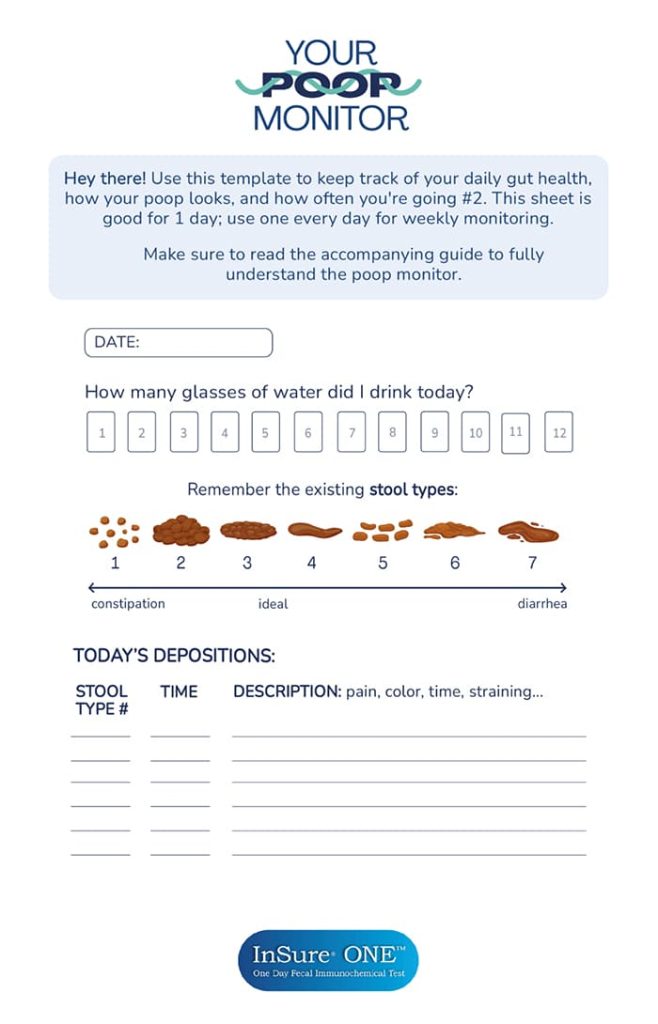Acid reflux occurs when stomach acid creeps up the esophagus, causing a burning sensation known as heartburn or indigestion. Since the esophagus is part of your gut, any damage from the stomach acid can lead to inflammation and disrupt your gut microbiome, impacting your entire digestive system. Thus, acid reflux and gut health are more closely connected than you might expect, and the esophagus isn’t the only area affected by this condition.
Understanding Acid Reflux
Acid reflux occurs when your stomach contents travel in the opposite direction. They’re meant to only travel one way—down—so when your stomach acid instead travels up into the esophagus, it irritates and inflames the esophagus (which isn’t capable of withstanding acidity) and causes unpleasant symptoms to occur.
The common symptoms of acid reflux include:
- a burning feeling in the chest or stomach
- the backwash of acid, liquid, or food after eating
- nausea
- a sore throat
- noncardiac chest pain
- chronic coughing, shortness of breath, or wheezing
These symptoms may also worsen after a large or fatty meal, at night while lying down, after bending over, or after smoking or drinking alcohol.
As for how the acid gets where it shouldn’t, it’s typically because of a dysfunction of the lower esophageal sphincter. The role of this sphincter is to close off the esophagus from the stomach, opening only when you swallow and the food needs to pass through. It also opens a little to let out gas bubbles when you have hiccups or burp. Otherwise, it stays closed, which helps to keep stomach acid where it belongs: in the stomach.
However, if the lower esophageal sphincter sees some dysfunction, it may weaken or relax enough to let acid through.
Some things that can cause this weakness and consequent acid reflux include:
- Pregnancy
- Hiatal hernias
- Tabaquismo
- Obesidad
- Connective tissue diseases
- Birth defects
- Prior surgery in the chest or upper abdomen
- Medications, such as calcium channel blockers, benzodiazepines, NSAIDs, tricyclic antidepressants, or theophylline
Certain habits can also aggravate acid reflux, such as:
- Eating large meals
- Eating late at night
- Drinking coffee or alcohol
- Eating fried or fatty foods
These habits do not cause the lower esophageal sphincter to relax, but they can make acid reflux more likely should the sphincter relax.
The Gut Under Attack
Even though acid reflux consists only of stomach acid traveling up into the esophagus, it can have ramifications on your entire gut’s health.
Stomach acid can inflame and damage the lining of your esophagus, which can lead to nutrient malabsorption, diarrhea, constipation, and dysbiosis due to the resulting damage to your microbiome.
Your microbiome is the diverse set of microorganisms that make up your gut and perform some key tasks, including aiding digestion, absorbing nutrients from passing food, and supporting the immune system. Thus, any damage to the microbiome can affect all of these areas of your well-being.
However, with stomach acid being a part of our digestive system, how can it damage our gut?
Our digestive system is broken into different stages and organs, each with a particular job. Stomach acid resides in the stomach and aids the breakdown of food, preparing it for the small intestine. The stomach’s lining naturally secretes stomach acid and is thus able to tolerate its highly acidic nature. However, the esophagus doesn’t fare the same way.
When stomach acid comes into contact with the tissues of the esophagus, it can burn and damage them because of how acidic it is. The result is often inflammation, which can then trigger constipation and diarrhea.
Additionally, medication used to treat acid reflux—proton pump inhibitors (PPIs)—have been shown to impact the gut’s microbiome, specifically starting in the esophagus, where they modify esophageal bacteria.
Taking Back Control
If you suffer from acid reflux, following these tips can help you manage acid reflux and, as a result of fewer episodes, improve gut health.
- Avoid triggering foods. Certain foods and beverages can trigger acid reflux, specifically carbonated beverages, caffeine, alcohol, acidic juices and sauces, coffee, and spicy foods.
- Eat dinner earlier. Acid reflux can worsen at night when lying down, especially if you’ve had a large meal too close to bedtime. Instead, push up the time that you eat dinner to give your body some time to digest before you lay down.
- Wear loose-fitting clothes. Wearing restrictive clothes may press on the stomach and push stomach acid into the esophagus. Instead, opt for loose-fitting clothes.
- Lose weight. Although a longer-term solution, obesity is a risk factor for acid reflux, so any efforts you can make to lose weight will help to lessen its risk while improving your overall health.
- Quit smoking and drinking. Both of these habits can weaken your lower esophageal sphincter, which can cause it to let stomach acid leak through. They also make your stomach more acidic and slow your digestion time.
- Try over-the-counter medications. Antacids and alginates can help if you’re experiencing acid reflux, as they help to neutralize the acidity.
With acid reflux potentially damaging one of the first parts of your gut, the esophagus, it can cause inflammation and decimate the helpful bacteria that are a part of your esophagus, hindering your gut’s health as a whole. In order to preserve your gut health, it’s paramount that you manage your acid reflux. Not only will you no longer experience acid reflux’s burning attacks, but your gut microbiome will also flourish when stomach acid no longer damages it.
If you experience regular acid reflux, it’s often best to discuss this with a healthcare provider. They can help evaluate your lifestyle to determine what may be contributing to these frequent attacks and help you come up with a personalized treatment plan that lets you regain control.
References
Imhann, F., Vich Vila, A., Bonder, M. J., Lopez Manosalva, A. G., Koonen, D. P. Y., Fu, J., Wijmenga, C., Zhernakova, A., & Weersma, R. K. (2017). The influence of proton pump inhibitors and other commonly used medication on the gut microbiota. Gut microbes, 8(4), 351–358. https://doi.org/10.1080/19490976.2017.1284732

